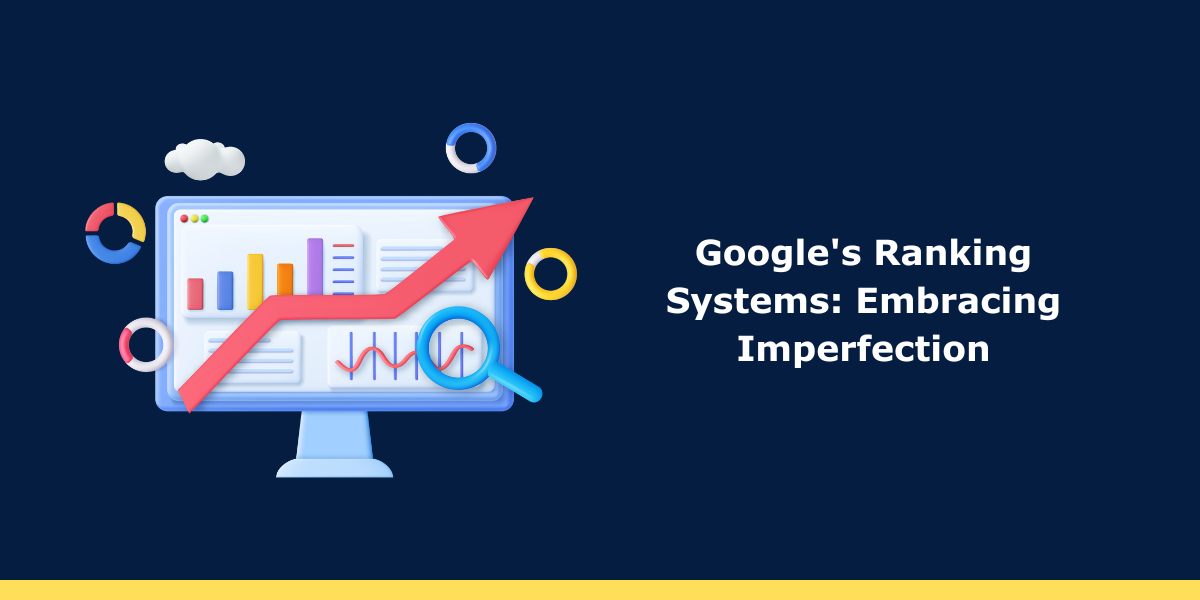
Google’s SearchLiaison responded to concerns raised on X (formerly Twitter), acknowledging shortcomings in their ranking systems. They detailed ongoing efforts to enhance search accuracy by addressing issues with the reviews algorithm, ensuring that undeserving sites do not receive undue prominence in search results.
Questioning Google’s Search Results
The conversation with Google began when @dannyashton tweeted:
“This review has been ranking #1 on Google for ‘Molekule Air Mini+ review’ for the past six months. It is 50% anecdotal and 50% marketing messaging. It doesn’t share in-depth original research. So, how did they make it to the top of Google?”
Followed by:
“Instead of a third-party review (which is likely what searchers are looking for), Google ranks an article backed by the brand: Searchers land in an advertorial built off marketing materials. So little care that they even left briefing notes in the published version 😞 And I think I found the reason why it ranks #1… Money.”
The community responses to these tweets expressed sympathy, such as:
“WILD. And this is on page 1… Is this what writing for readers is? Is this what people need/want? I think of folks like my mom here who wouldn’t know better and to dig more. It looks and seems nice; it must be trustworthy. I mean, that’s their goal. Dupe and dip.”
Google’s Algorithms Aren’t Perfect
In response to these tweets, SearchLiaison addressed the concerns by explaining the intricate process behind Google’s ranking systems. He emphasized the enormous scale of indexing trillions of web pages, which necessitates a scaled and automated approach to ranking.
SearchLiaison tweeted:
“Danny, I appreciate your perspective—as well as the initial post from HouseFresh and feedback from others. Our goal is indeed to prioritize content that aligns with our guidelines. From the HouseFresh post, it seems we’ve made strides with each product review Update rollout:
‘In our experience, each rollout of the Products Review Update has shaken things up, generally benefitting sites and writers who dedicated time, effort, and money to test products before recommending them.’
However, there’s more to be done. As I’ve mentioned before, our ranking systems aren’t flawless. We recognize content that deserves better treatment and instances where we reward content that shouldn’t be.
Yet, it’s crucial to clarify that our system isn’t about individual reviews dictating rankings—it’s about scalable processes. With trillions of pages, a manual review for each isn’t feasible. Continuous improvement is critical.
That’s our ongoing focus. We’re attentive to these concerns and the feedback we receive. I’ve personally reviewed every bit of it, organizing insights for deeper analysis alongside ongoing team efforts. This supplements our existing work, responding to the feedback we’ve already processed.”
Key takeaways from SearchLiaison’s statement include:
- Google aims to reward content that is aligned with its guidelines, especially regarding reviews and spam.
- Acknowledgment that their current systems can improve in promoting valuable content and demoting inappropriate material.
- Google’s approach is highly scaled due to the vast amount of indexed content.
- Commitment to listening to feedback and refining their algorithms continuously.
- Confirmation that they are actively reviewing and organizing input for further analysis to enhance ranking accuracy.
What Is Taking So Long To Fix Google?
In response to these concerns, @mikefutia questioned Google’s update process, particularly how updates often disrupt search engine results pages (SERPs) instead of improving them. He highlighted the impact on legitimate hobby sites and expressed frustration over prolonged recovery times.
@mikefutia tweeted:
“Danny, aren’t all your ‘system improvements’ fully tested BEFORE rolling them out? Surely, your team was aware of the shakeup in the SERPs that these last few updates would cause. Completely legitimate hobby sites written by passionate creators are getting DECIMATED by these updates. All in favor of Reddit, Pinterest, Quora, Forbes, Business Insider, and other nonsense gaining at their expense. I guess what I’m saying is — surely this was not a surprise. You guys knew this carnage was coming directly from the updates. And now — here we are, NINE months later — and there have been ZERO cases of these legitimate sites recovering. The March update just made it 100x worse. And so Google says, ‘Yeah, we f-d up, we’re working on it.’ But the question is—and I think I speak on behalf of thousands of creators when I ask—’What the hell is taking so long?’”
While Google’s third-party quality raters review search results before updates, many creators, site owners, and search marketers feel Google’s updates consistently move search results in an undesirable direction.
SearchLiaison’s response acknowledges Google’s imperfections and ongoing efforts to enhance search results. However, this does little to alleviate the disappointment thousands of site owners felt regarding the direction of Google’s algorithm.

